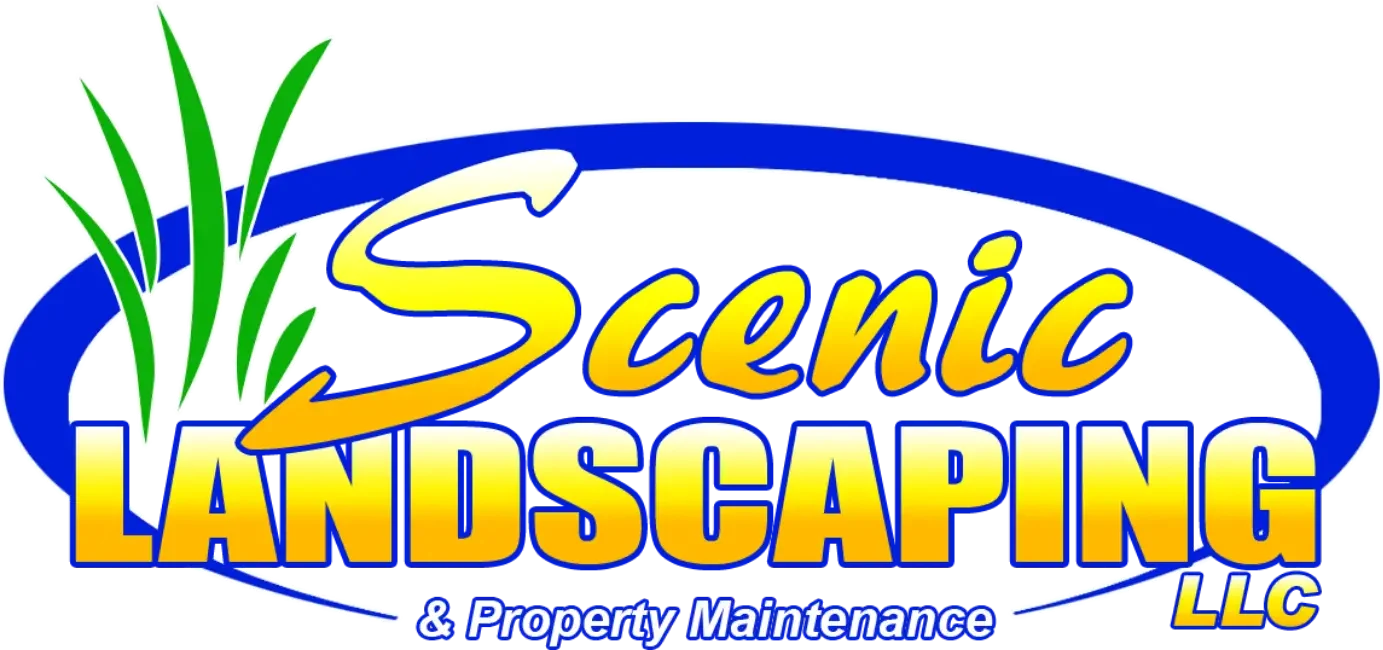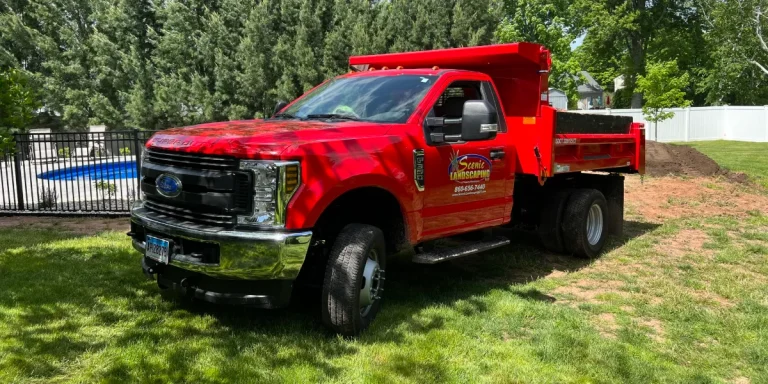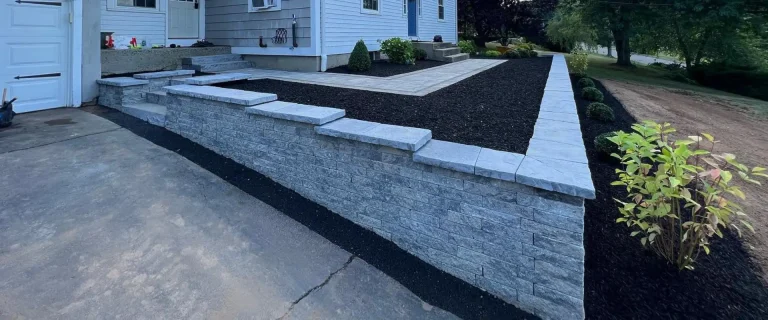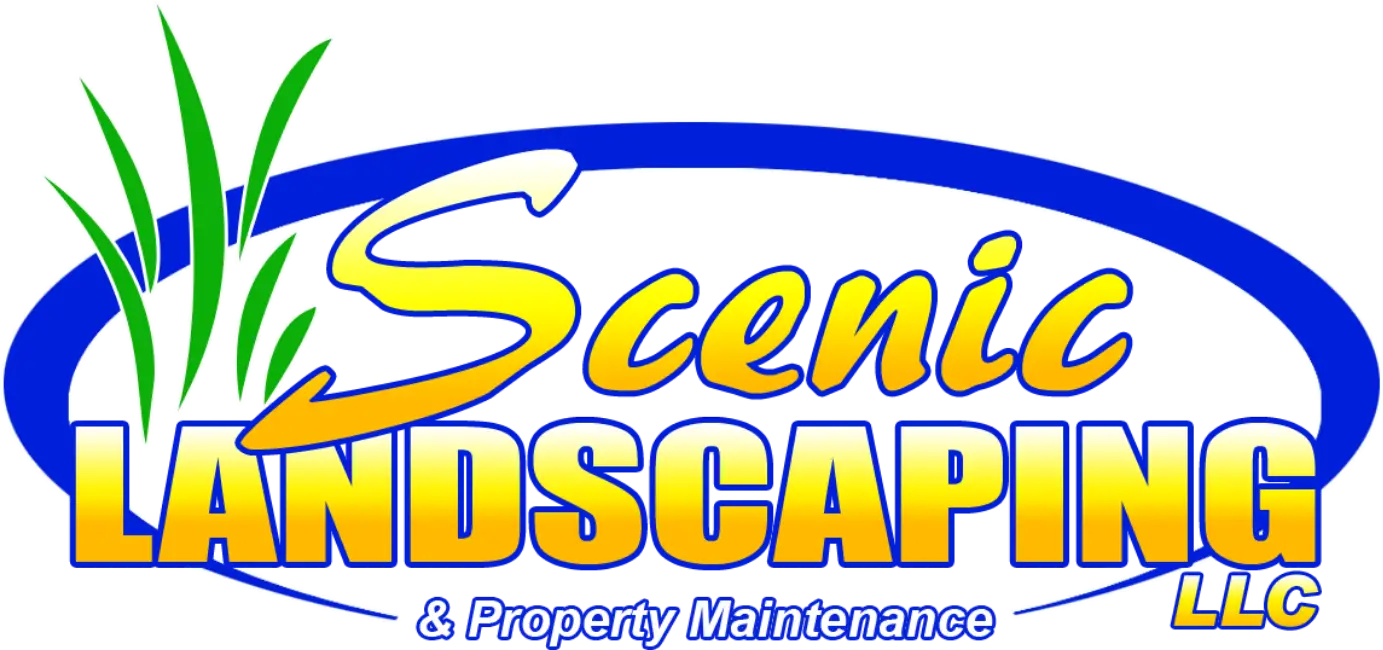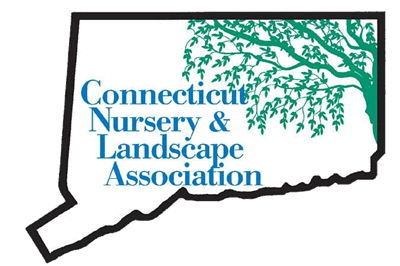Rain Gardens: The Perfect Solution for Managing Stormwater and Enhancing Your Landscape
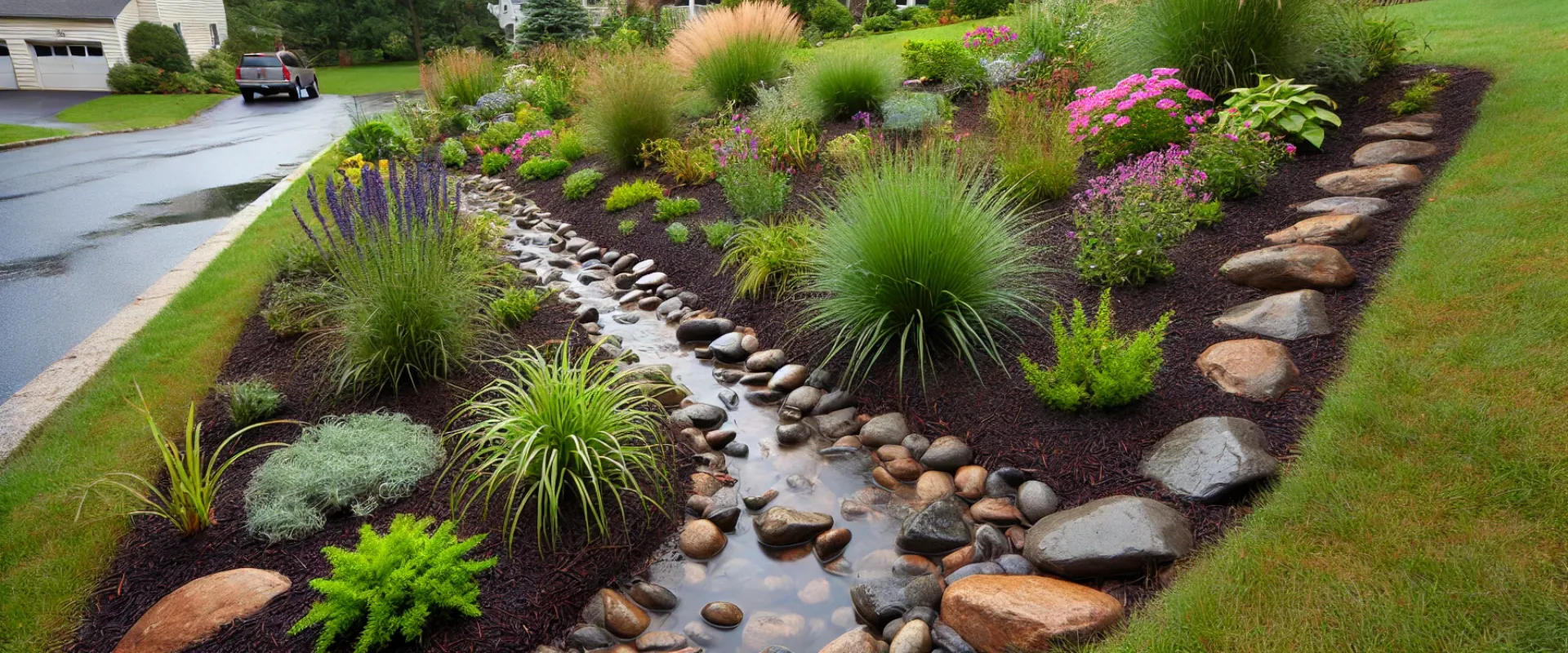
When rainwater flows off your roof, driveway, or lawn, it often leads to drainage issues, soil erosion, or even flooding. A beautifully designed rain garden can help alleviate these problems while adding a unique feature to your landscape. But what exactly is a rain garden, and how can it benefit your property?
What is a Rain Garden?
A rain garden is a specially designed garden that collects and absorbs rainwater runoff from impervious surfaces like rooftops, driveways, and patios. These gardens are shallow, planted depressions that utilize native plants, soil, and mulch to filter and soak up stormwater. By mimicking the natural absorption process, rain gardens slow the flow of water and reduce erosion, promoting groundwater recharge while beautifying your yard.
How Do Rain Gardens Work?
Rain gardens work by intercepting stormwater before it reaches storm drains or nearby bodies of water. Here’s a quick breakdown of the process:
- Water Collection: Rainwater runoff is directed into the garden from downspouts, driveways, or other surfaces.
- Infiltration: The water slowly infiltrates into the soil rather than running off into streets or storm drains.
- Filtration: As water passes through the layers of soil, mulch, and plant roots, pollutants like sediment, oils, and chemicals are filtered out.
- Absorption: Native plants help soak up water through their deep root systems, preventing excess runoff and reducing the risk of erosion.
What Does a Rain Garden Consist Of?
A well-functioning rain garden includes several essential components, each contributing to its ability to manage stormwater and provide an effective drainage solution:
Native Plants: Native plants are the cornerstone of any rain garden. They are well-adapted to local conditions and typically require less care while providing maximum water absorption. Plants with deep root systems are especially important because they allow for greater water infiltration. Some thirsty native plants ideal for rain gardens in the Connecticut area include:
Joe-Pye Weed (Eutrochium purpureum): A tall, hardy plant that thrives in wet conditions and absorbs large amounts of water.
Swamp Milkweed (Asclepias incarnata): Known for its ability to tolerate standing water, this plant also attracts pollinators.
Blue Flag Iris (Iris versicolor): This beautiful flowering plant is perfect for rain gardens because of its high water tolerance.
Cardinal Flower (Lobelia cardinalis): This vibrant red bloomer thrives in moist environments and attracts hummingbirds.
New England Aster (Symphyotrichum novae-angliae): A water-loving plant that brings late-season color to the garden.
Switchgrass (Panicum virgatum): A tough, native grass with deep roots that help absorb excess water and reduce erosion.
River Rock and Small Boulders: Incorporating river rock and small boulders adds both function and aesthetic appeal to your rain garden. These elements help slow down and direct water flow, preventing soil erosion while adding a natural, decorative touch. Strategically placed boulders also create visual interest and help anchor the garden’s design.
Gravel: A layer of gravel is often used at the base of the garden to aid in drainage and filtration. It allows water to pass through while trapping sediment and pollutants, making it an effective medium for controlling water flow.
Mulch: A thick layer of mulch, typically made from organic materials like shredded bark, helps retain moisture in the soil and prevents weeds. Mulch also slows the water flow, giving it more time to be absorbed by the plants and soil.
Engineered Soil: A specialized mix of sand, compost, and native soil ensures that your rain garden drains well. This engineered soil helps filter out contaminants while facilitating deep water infiltration.
Inflow and Outflow Zones: Rain gardens are designed with specific entry and exit points for water. Inflow zones direct runoff from downspouts or other impervious surfaces into the garden, while outflow zones safely drain excess water away during heavy storms, ensuring the garden doesn't become overwhelmed.
Which Properties Are Best for Rain Gardens?
Rain gardens are suitable for a variety of properties, especially those dealing with drainage or erosion challenges. They are ideal for:
Homes with Impervious Surfaces: If you have a large roof, driveway, or patio, these surfaces create significant runoff during rainstorms. A rain garden can manage this runoff efficiently.
Sloped Yards: If your property has natural slopes or areas where water tends to pool, a rain garden can intercept water and reduce erosion.
Flood-Prone Areas: For properties that experience frequent flooding or standing water, a rain garden helps absorb excess water and direct it away from structures.
Environmentally Conscious Homeowners: For those looking to reduce their environmental footprint, rain gardens are a sustainable solution for managing stormwater and promoting biodiversity.
Benefits of Installing a Rain Garden
Erosion Control: Rain gardens significantly reduce the risk of soil erosion by absorbing and slowing down runoff.
Improved Water Quality: As stormwater filters through the garden, pollutants are removed, contributing to cleaner local waterways.
Low Maintenance: Once established, rain gardens require minimal upkeep. Native plants thrive without the need for excessive watering or fertilizing.
Increased Biodiversity: Rain gardens support local ecosystems by providing habitat and food for birds, butterflies, and other pollinators.
Aesthetic Appeal: Beyond functionality, rain gardens add a striking visual feature to your landscape, with the ability to blend seamlessly into your existing design.
Additional Considerations With Rain Gardens
When planning a rain garden, it’s important to consult with professionals who can assess your property’s drainage patterns, soil type, and other factors to ensure proper design and installation. At Scenic Landscaping & Property Maintenance, we have extensive experience in creating tailored rain gardens that not only solve drainage problems but also enhance the beauty and sustainability of your outdoor space.
Rain gardens are a smart, eco-friendly way to manage stormwater, reduce erosion, and beautify your landscape. If you’re facing drainage issues or simply want to enhance the sustainability of your property, a rain garden might be the perfect solution. Contact Scenic Landscaping & Property Maintenance today.
Call (860) 656-7440 or fill out our online estimate request to learn how we can design and install a rain garden customized for your home.
Why Choosing an NDS Certified Drainage Contractor Matters
At Scenic Landscaping & Property Maintenance, we are proud to be an NDS Certified Drainage Contractor. This certification means that we have been trained and tested to meet the highest standards in drainage system design and installation, ensuring that your property gets the best possible solution for its drainage problems.
What is NDS Certification?
NDS (National Drainage Solutions) is a leading provider of water management solutions, and their certification program is designed to train contractors in the most effective, sustainable, and high-quality drainage practices. As an NDS Certified Contractor, we are equipped with advanced knowledge and tools to assess, design, and install drainage systems tailored to your property’s unique needs.
The Benefits of Working with an NDS Certified Contractor
- Expert Assessment: Our certification ensures that we have the expertise to correctly assess your property’s drainage issues, including soil type, water flow, and problem areas. This helps us design the most efficient and effective system for long-term water management.
- Tailored Solutions: Every property is different, and drainage solutions are not one-size-fits-all. With NDS certification, we are trained to design custom drainage systems using industry-leading products, such as French drains, catch basins, bioswales, and more, that fit your specific landscape and drainage challenges.
- High-Quality Products: NDS-certified contractors use top-of-the-line materials and products from NDS, which are known for their durability and reliability. These products ensure that your drainage system will perform optimally and last for years, protecting your home and landscape from water damage.
- Compliance and Best Practices: As an NDS Certified Contractor, we adhere to the latest standards and best practices in drainage system design and installation, ensuring that your system is efficient, eco-friendly, and compliant with local regulations.
Choosing an NDS Certified Drainage Contractor like Scenic Landscaping & Property Maintenance means you can trust that your drainage issues will be addressed with precision, expertise, and the highest quality materials. Whether you need a French drain, drainage swale, or rain garden, we’ll provide a long-lasting solution tailored to your property’s unique needs. Contact us today to schedule a consultation!
